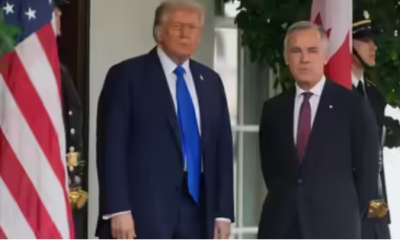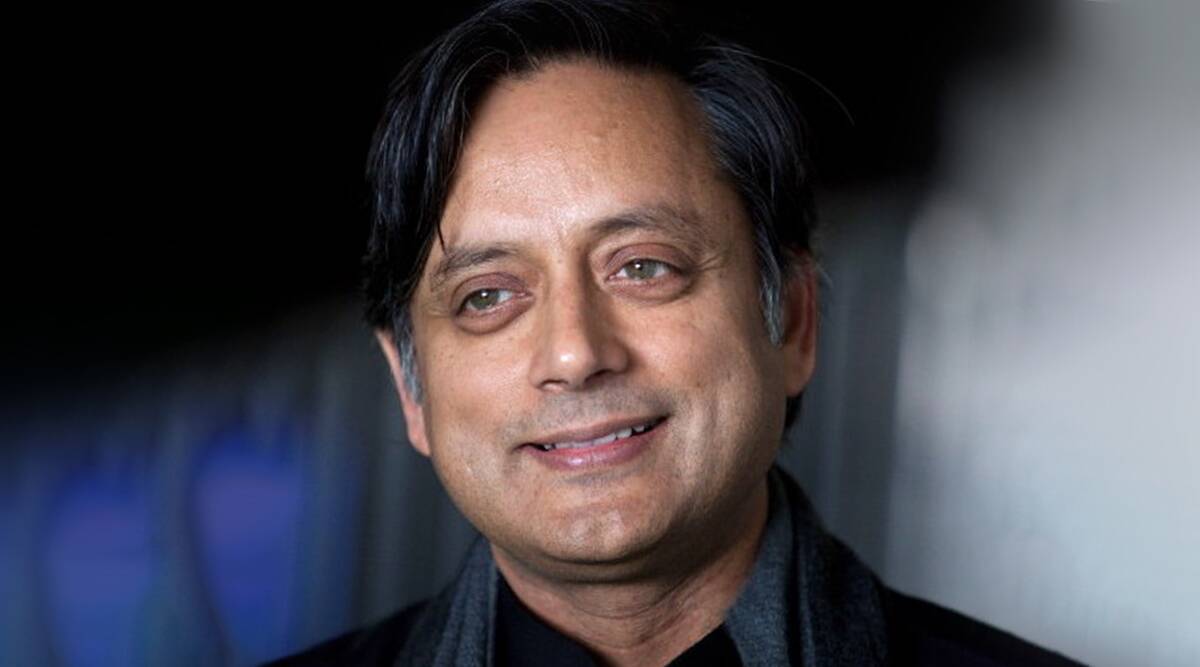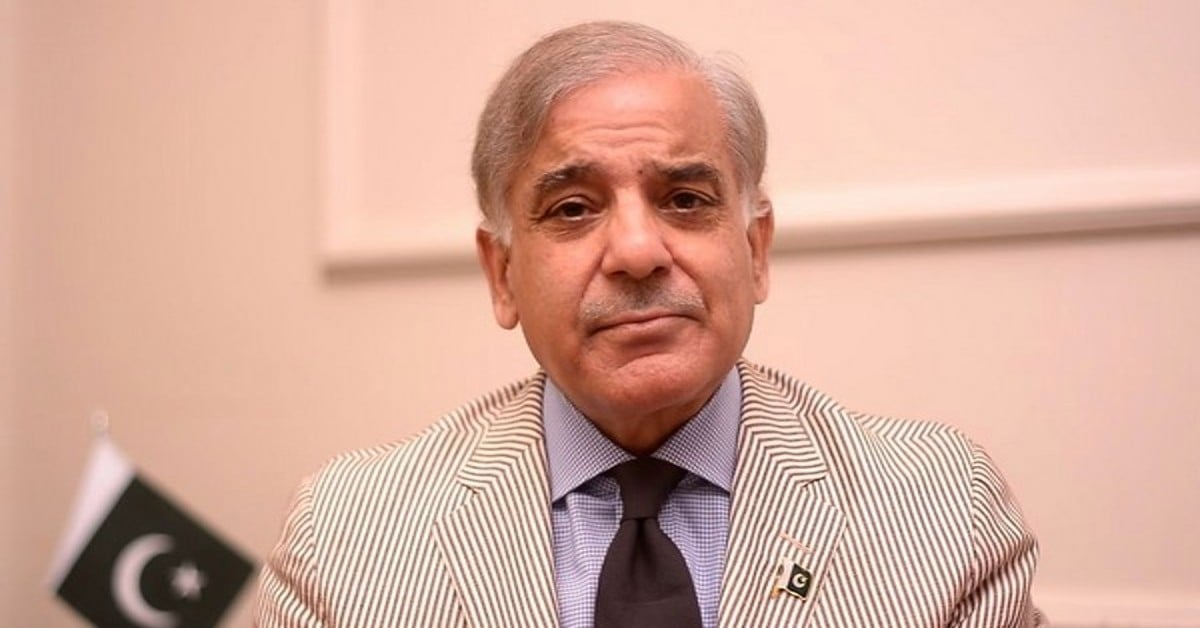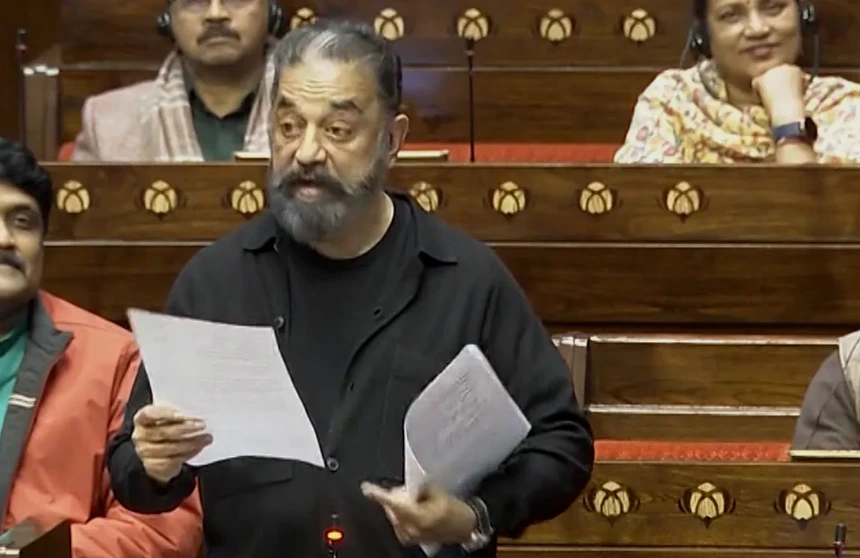The Kremlin on Tuesday said it has not received any official communication from India regarding a halt in Russian oil purchases, following claims by US President Donald Trump that New Delhi had agreed to stop buying Russian crude as part of a trade agreement with Washington.
Kremlin spokesperson Dmitry Peskov told reporters that Moscow had not heard any confirmation from Indian authorities on the matter.
“So far, we haven’t heard any statements from New Delhi on this matter,” Peskov said, responding to Trump’s remarks linking reduced US tariffs on Indian goods to an alleged commitment by India to end Russian oil imports.
Russia stresses importance of ties with India
Peskov said Russia respects bilateral relations between India and the United States but underlined the strategic importance of ties between Moscow and New Delhi.
“We respect bilateral US-Indian relations,” he said, adding that Russia places equal importance on its strategic partnership with India.
“This is the most important thing for us, and we intend to further develop our bilateral relations with Delhi.”
What Trump claimed
Trump announced the India-US trade deal on Monday, stating that tariffs on Indian goods had been reduced from 50 per cent to 18 per cent. He claimed the reduction was linked to India agreeing to stop purchasing Russian oil.
According to Trump, India would instead buy more oil from the United States and potentially from Venezuela. He also suggested that the move would help bring an end to the war in Ukraine.
“He agreed to stop buying Russian oil and to buy much more from the United States and, potentially, Venezuela,” Trump said, referring to Prime Minister Narendra Modi.
India’s reliance on Russian crude
India has emerged as one of the largest buyers of Russian crude since the start of the Ukraine conflict. It currently imports around 1.5 million barrels of Russian oil per day, accounting for more than one-third of its total oil imports, according to global trade data.
India is the second-largest purchaser of Russian crude globally. Even after earlier US tariff measures on Indian goods, New Delhi continued its Russian oil imports, citing energy security concerns.
The Indian government has consistently maintained that securing affordable energy supplies is critical, given the country’s heavy dependence on oil imports.
Shift in energy ties after Ukraine war
Historically, India’s relationship with Russia was centred more on defence cooperation than energy trade, with Russia supplying a majority of India’s military equipment while contributing only a small share of its oil imports.
After the invasion of Ukraine, India significantly increased purchases of discounted Russian oil. The move helped India boost energy supplies while providing Russia with much-needed revenue amid Western sanctions.
As recently as December 2025, Russian President Vladimir Putin said during a visit to New Delhi that Moscow was ready to ensure uninterrupted fuel supplies to India despite pressure from the United States.
Earlier US push for Indian energy imports
Trump had earlier said, following a meeting with Prime Minister Modi in February last year, that India would begin buying more American oil and natural gas. However, those discussions did not lead to a major shift in India’s energy sourcing.
Subsequent US tariff measures also failed to significantly alter India’s stance on Russian oil imports.


 Latest world news21 hours ago
Latest world news21 hours ago
 Latest world news22 hours ago
Latest world news22 hours ago
 Cricket news22 hours ago
Cricket news22 hours ago
 India News18 hours ago
India News18 hours ago
 India News13 hours ago
India News13 hours ago












